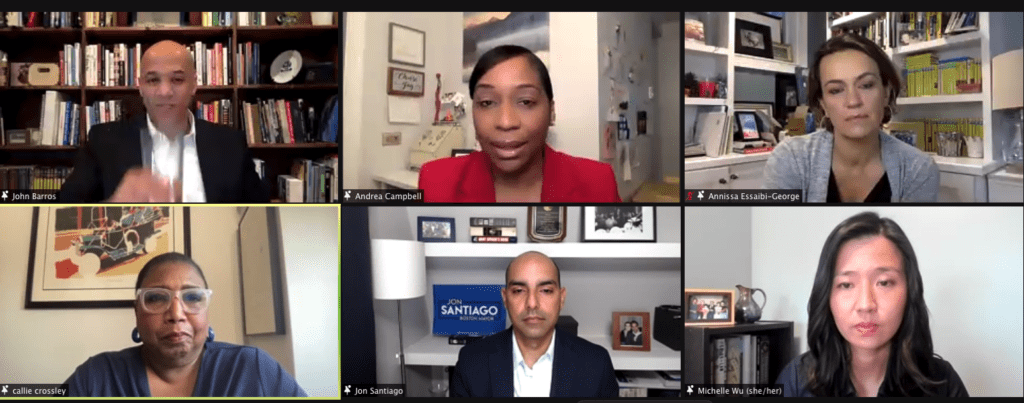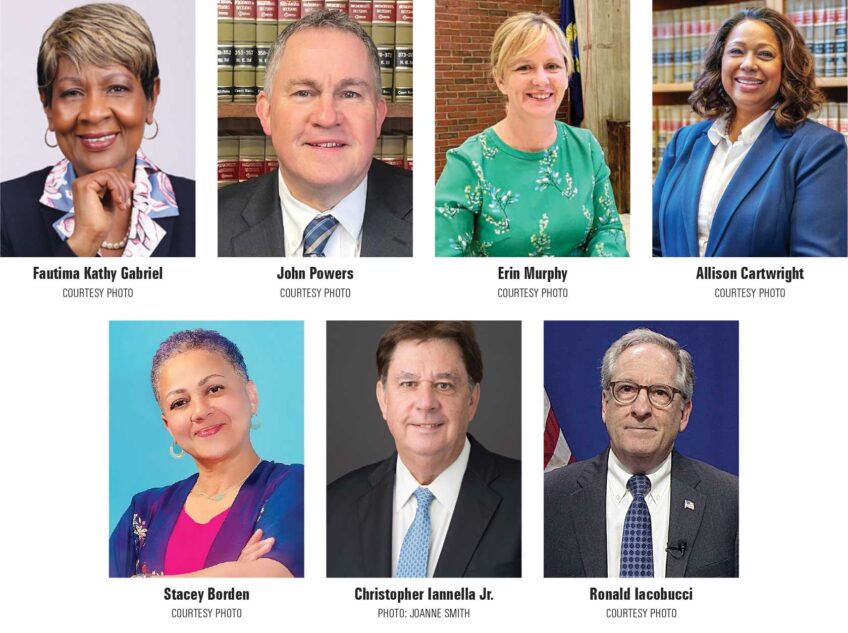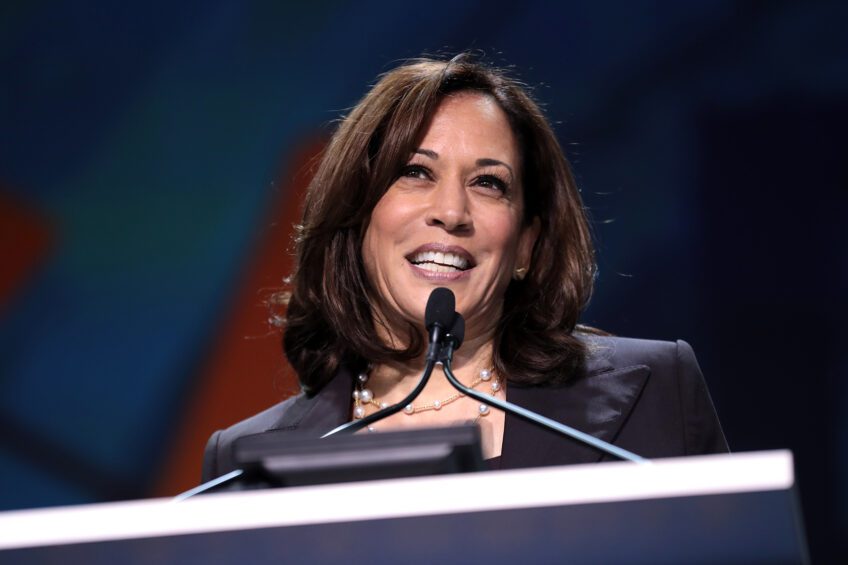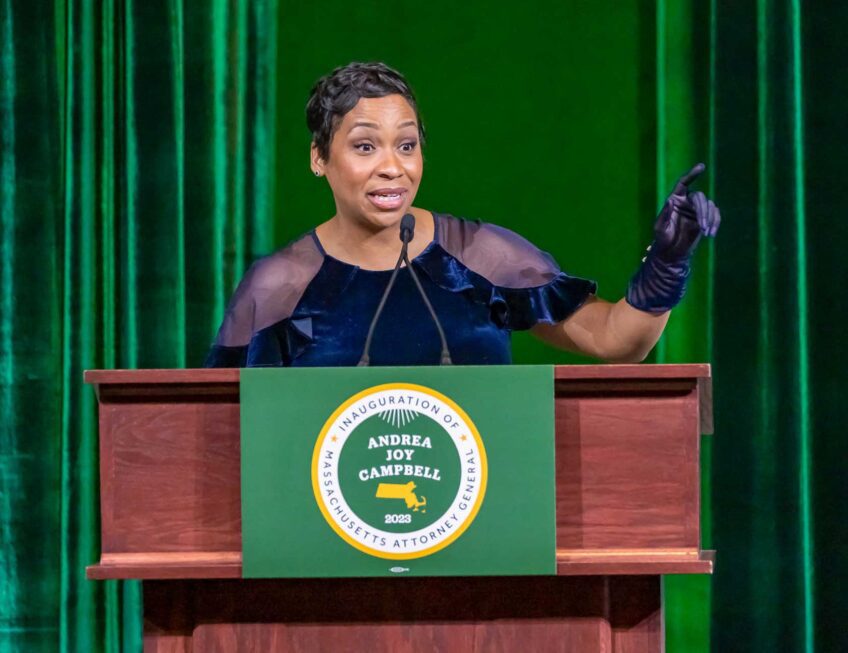Mayoral candidates stake positions in Wards 4, 5 debate
Divisions appear on rent control, appointed school committee

Five of the six mayoral candidates staked out positions on topics ranging from rent control to criminal justice reform during a forum held on Zoom by the Ward 4 and Ward 5 Democratic committees and moderated by WGBH radio and TV host Callie Crossley.
John Barros, Jon Santiago and Annissa Essaibi George leaned conservative while Andrea Cambell and Michell Wu took progressive stands, both coming out in support of rent control, although Campbell conditioned her support on conversations with small property owners.
The candidates’ answers gave an indication of the ideological territory they have staked out in the six-way race for mayor. Wu, who has shifted her positions to the left in recent years, occupied the far left of the field, while Essaibi George took the most conservative positions.
Acting Mayor Kim Janey gave a media briefing on the verdict in the George Floyd murder trial at the same time the forum began and did not attend.
The candidates’ stands on rent control showed somewhat of a gap between their priorities and those of Boston voters, 76% of whom backed rent control in a poll released last week by the Dorchester Reporter, MassInc and WBUR.
The candidates also broke with a majority of voters on the question of a return to an elected school committee.
Campbell and Wu said they support a hybrid model in which some members would be appointed and others elected. Santiago said he is interested in exploring a hybrid model. Barros and Essaibi George said the support keeping the appointed school committee.
In a January poll, 60% of voters said they support a return to an elected school committee.
Charter and exam schools
Asked whether they would support an increase in the number of seats at charter schools, Wu and Essaibi George said they would not. Campbell, widely seen as a charter supporter, did not give a yes-or-no answer, saying the matter was settled with the 2016 ballot question to lift the cap that was defeated at the polls.
Santiago, too, appeared to dodge a yes-or-no answer.
“I think as mayor of Boston, I’m committed to making sure that BPS works everyone, and that’s not what we have right now,” he said, adding that he thinks the city should partner with charters and adopt their best practices.
Barros, who helped found an in-district charter school, also did not give a yes-or-no answer, but cited the statewide cap on the schools.
Asked where she stood on the recent federal court decision upholding a one-year, zip code-based admissions policy for Boston Latin School, Boston Latin Academy and the O’Bryant School, Essaibi George appeared to equate the move with abolition of the selective admissions schools.
“Taking away the exam schools doesn’t fix the disparities in Boston Public Schools,” she said. “It only delays getting to the real problem and it truly does distract us from the work that’s at hand.”
Campbell said she supports the one-year suspension of the use of the exam, given the risks associated with administering a standardized test during a pandemic, but said families should have more say in decisions around the admissions process.
“Every family has should have an opportunity to weigh in, and also then have time to reflect, and then give their feedback to the district,” she said “We can do better when it comes to family engagement.”
Barros noted that his wife and brother attended Boston Latin School when the system used quotas for Black and Latino students, and said he supports changes to the admissions policies. Santiago said the admissions process should be reformed, but stressed that BPS students need to be better prepared for admission to the schools.
“It’s too late if we’re only intervening at the admissions process,” he said.
Wu said she supports the change, but questioned the district’s use of zip codes as a means of ensuring demographic diversity.
“We need to make sure that we are providing more predictability for families, not pitting communities and neighborhoods against each other,” she said.
Policing
The candidates were also asked whether they would cut the Boston Police Department. The issue came up last year, with Black and Latino councilors and Wu backing a 10% cut from the police budget with funding redirected to anti-violence and social services.
During the forum, Wu and Campbell both said they would make cuts. Campbell said she would cut $50 million from the $400 million police budget.
“I would redirect that $50 million to the root causes of violence, trauma, mental health, moving people out of poverty, critically important because police alone cannot solve the issue of violence in the city of Boston,” she said.
The others said they would not cut the police budget.
“I do not support defunding the police,” Essaibi George said, adding that she would hire more officers.
Why you?
Asked why they were qualified for the job, candidates gave their stump speeches, highlighting their qualifications.
Barros said he had executive management skills, citing his time as executive director of the Dudley Street Neighborhood Initiative, a Roxbury-based social service nonprofit as well as his time as chief of Economic Development under the administration of former Mayor Martin Walsh.
Campbell cited her lived experience, focusing on the painful story of her twin brother who died in custody in the Suffolk County House of Correction and “the question of how did two twins have such different life outcomes.”
Essaibi George said her 13 years as a teacher at East Boston High School gave her a perspective on the challenges facing students inside and outside of school.
“Through that experience I had a front row seat, working with our students from across the city, of course many of them from the community of East Boston, and saw firsthand the challenges they had in the classroom,” she said.
Santiago cited his work as a doctor at Boston Medical Center and as an Army captain, making the case that he has dedicated his life to public service.
“The only reason why I ran for office the first time [and] jumped into this race for mayor is fundamentally based on the idea that you, my neighbors and my patients deserve the best representation City Hall,” he said.
Wu emphasized her work on the council around transportation, environmental issues and progressive causes.
“What I bring to this race is a vision for Boston to be bold, to reach for where we are dreaming to build coalitions to actually get that done,” she said.







